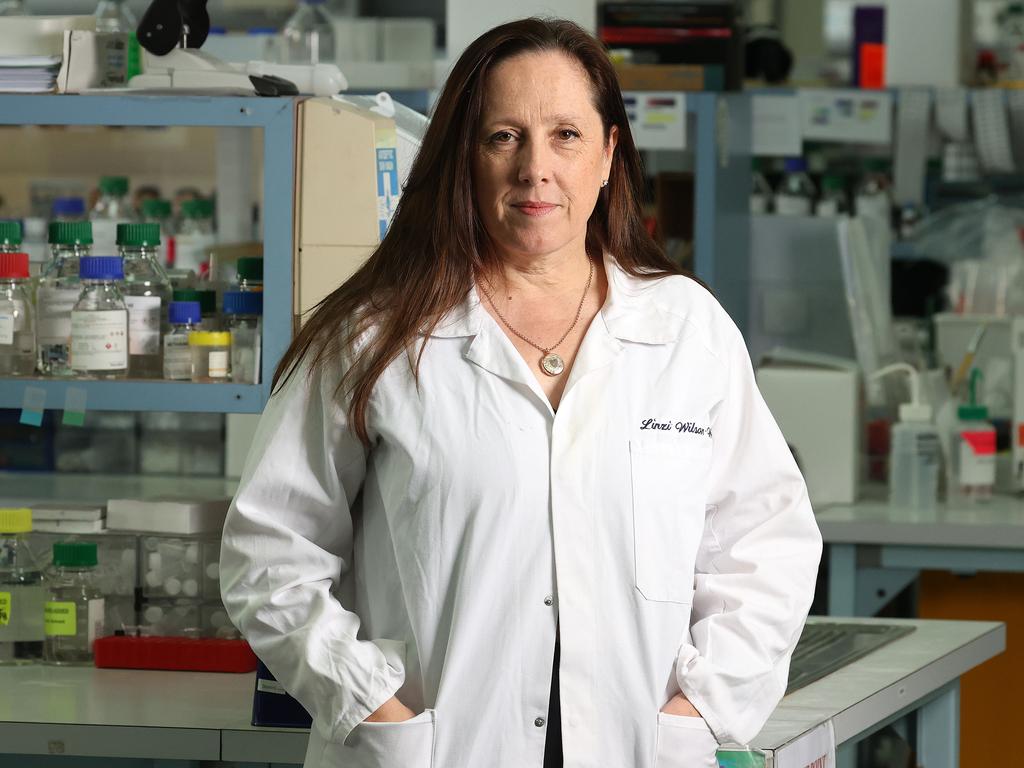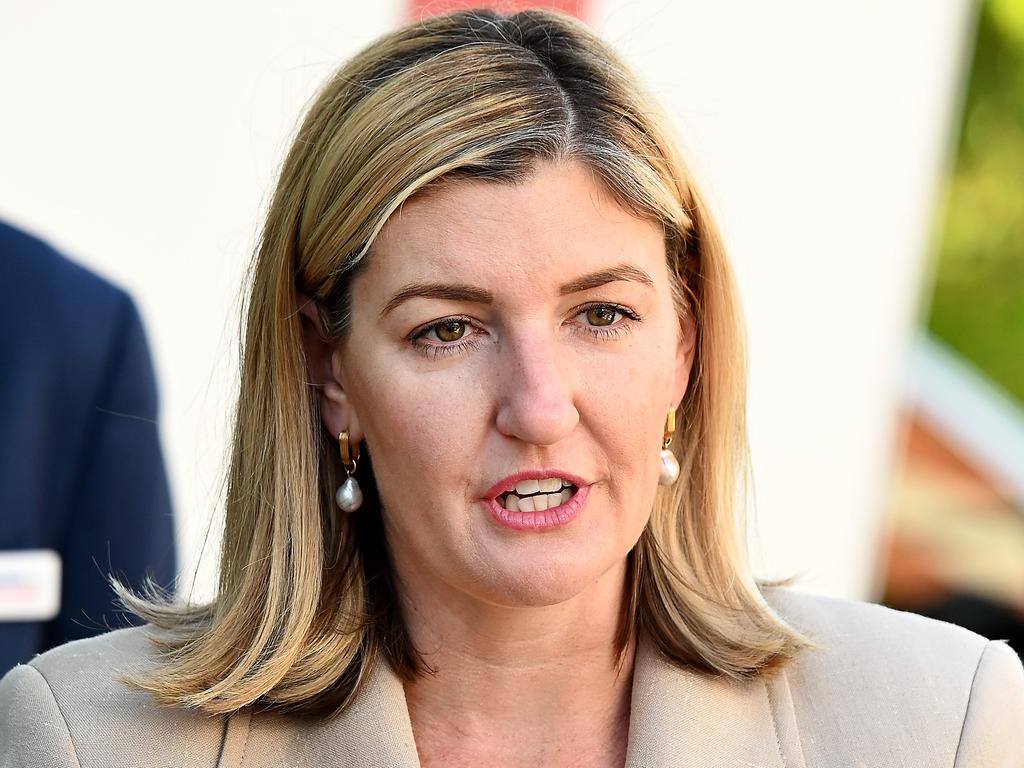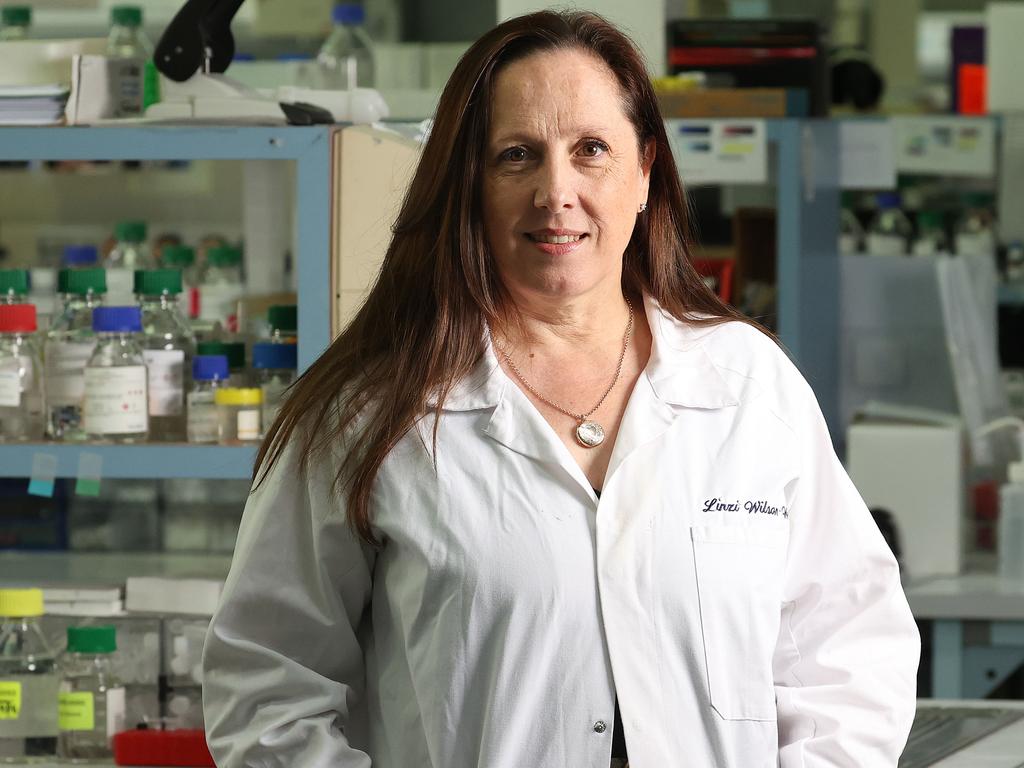DNA scandal scientists could be hauled before inquiry
The Queensland Health Minister has commissioned a public inquiry into a catastrophically flawed DNA extraction method that may have denied thousands of crime victims justice.
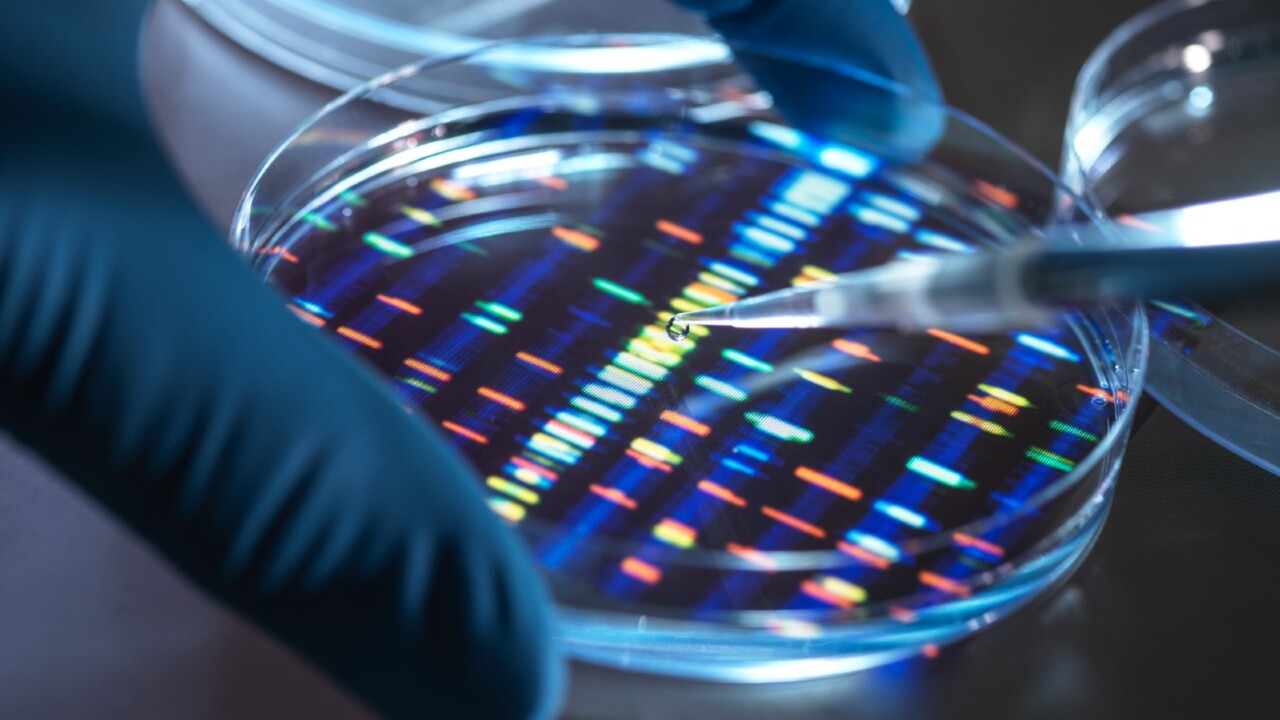
Scientists responsible for a disastrous DNA extraction method that may have denied thousands of Queensland crime victims justice could be hauled before a powerful new commission of inquiry.
Health Minister Shannon Fentiman has commissioned a short and sharp public inquiry into a
catastrophically flawed DNA extraction method that has been blamed for forensic samples failing to identify Shandee Blackburn’s killer in 2013.
The inquiry, which began on Thursday, came after weeks of revelations in The Australian that have raised doubts about test results in thousands more criminal cases, and that have rocked the new management of the state’s DNA lab.
New and serious allegations against the lab have emerged since the end of retired judge Walter Sofronoff’s landmark commission of inquiry last year, triggered by painstaking investigations by forensic biologist Kirsty Wright and The Australian’s podcast Shandee’s Story.
Ms Fentiman has appointed retired Federal Court judge Annabelle Bennett SC to conduct the inquiry, amid concerns about conflicts of interest in a high-powered advisory board that has only just been set up to watch over the lab.
“I have determined that a fresh, new commission of inquiry with fresh eyes is absolutely the best way to get to the bottom of the allegations that have been raised publicly,” she said.
“It‘s important that we all continue to have confidence in our DNA lab.”
Ms Fentiman said Dr Bennett would have powers to call the scientific architects of the extraction method, known as Project 13, to give evidence at public hearings under oath.
“The commissioner’s power is unrestricted, so she needs to get to the bottom of what happened with Project 13,” she said.
Dr Bennett is the former president of the Australian Academy of Forensic Sciences, and was a commissioner on the National Natural Disaster Arrangements inquiry.
Her final report and recommendations from the new DNA inquiry are due to be completed by November 17 this year.
The inquiry’s terms of reference will include reviewing recent public statements and other documents about a flawed automated DNA extraction method introduced in the lab in 2007, and whether recommendations from the previous inquiry are sufficient to address the matter.
A total of 37,000 cases have been impacted by testing problems at Queensland’s DNA lab since 2007.
Of those cases, at least 7000 would likely never have been identified if Dr Wright had not exposed problems with the flawed extraction method.
The Australian last month revealed the lab implemented the extraction method despite knowing it was catastrophically failing to recover DNA, and that it may have missed crucial evidence in serious crimes for nine years.
About 100,000 crime scene samples would have been processed using variations of the automated method, which saved the lab time and was implemented in a period of intense pressure from the courts, government and public to deal with testing delays and backlogs, Dr Wright said.
The method has been blamed by Dr Wright for the failure to recover evidence in, and to solve, Blackburn’s brutal stabbing murder as she walked home from work in Mackay in central Queensland.
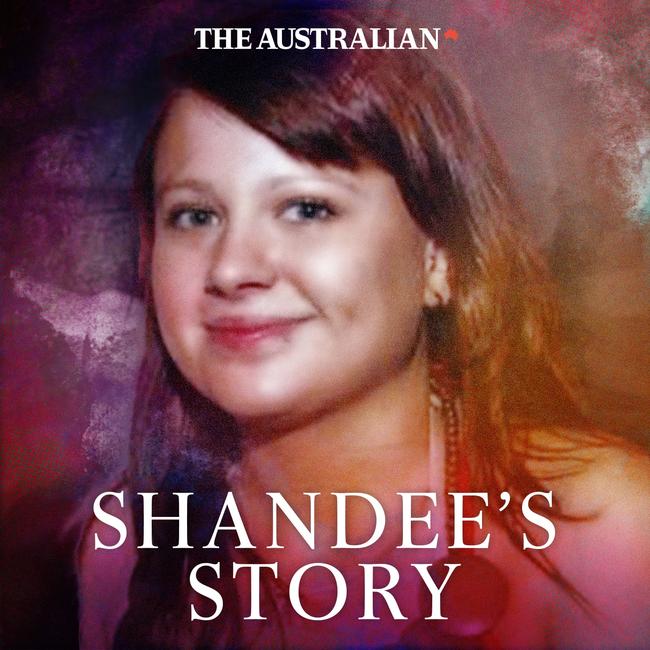
The new scientist in charge of the lab, Linzi Wilson-Wilde, has been drawn into the scandal because she examined the extraction method for the Sofronoff inquiry and failed in her expert report to detail the serious problems it was having in recovering DNA.
In her work for the inquiry, Professor Wilson-Wilde reviewed a “Project 13” report from August 2008 that showed the automated method was recovering up to 92 per cent less DNA than a manual method.
The Project 13 report’s abstract recommended the automated method be introduced after falsely claiming results were “comparable” to the manual method.
Ms Fentiman said Professor Wilson-Wilde would continue in her role as head of the DNA lab while the new inquiry is underway.
“The purpose of this commission of inquiry is so that everyone can have confidence in the professor and in the lab going forward,” she said.
“She will absolutely participate in this commission of inquiry and give evidence, and then we will see what the findings are from that.”
Dr Wright on Wednesday night said she “welcomed the government’s announcement to open an independent inquiry into Project 13”.
“I believe it is the only way to get to the truth behind the original decision in 2007 to implement the failed method, to correctly identify all cases that were affected by the failed method, and to ensure they are properly reviewed and tested,” Dr Wright said.
“The enormity of this issue is still hard to comprehend for the average Queenslander.
“The inquiry’s findings may lead to tens of thousands of victims getting another chance of justice, and tens of thousands of violent offenders being removed from our streets. It really is that serious.”
Blackburn’s mother, Vicki, and Dr Wright say they have lost confidence in Professor Wilson-Wilde and have called for her to quit.
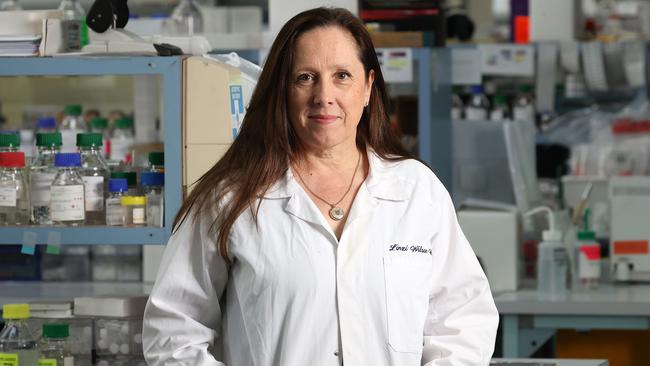
The pair had rejected a previous plan – put to them in separate, private meetings with Ms Fentiman last week – for the new Forensic Science Queensland advisory board to conduct a review, and had instead called for a commission of inquiry with the appropriate powers to gather evidence and protect witnesses.
The advisory board was set up to assist the government with the complex science of DNA and to provide an independent body for whistleblowers to approach, to ensure the mistakes of the past were never repeated.
However, The Australian last month revealed concerns that Professor Wilson-Wilde’s connections with the board’s three scientific experts overseeing her work left whistleblowers nowhere to turn.
Dr Wright said it was well known in the national forensic community that Professor Wilson-Wilde was a close colleague and friend of one board member, Victoria Police forensic services director Rebecca Kogios.
Professor Wilson-Wilde was also connected to the advisory board’s two other scientific experts, Niamh Nic Daeid and Sheila Willis, through the Leverhulme Research Centre for Forensic Science at the University of Dundee.
This newspaper also revealed Professor Wilson-Wilde helped select the board’s scientific members now overseeing her, in tandem with Dr Kogios.
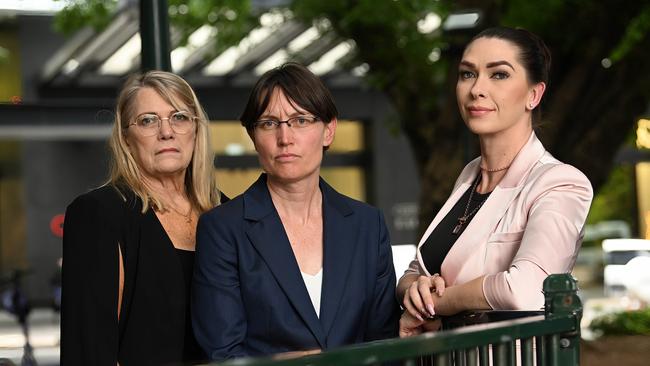
Further, Professor Wilson-Wilde is an ex-officio member of the board that is meant to be overseeing her.
About 7,000 additional serious crime and sexual assault cases will be reviewed as a result of problems with automated DNA extraction methods, bringing the total number of cases to be reviewed to about 37,000, the state government said this week.
Dr Wright said this vastly underestimated the number of potential affected cases.
Mr Sofronoff’s extraordinary findings last December of scientific failures and fraud have led the Palaszczuk government to invest $200m in rebuilding the DNA lab.
Huge reforms have already been credited with new convictions in a homicide and sexual assaults.
Ms Fentiman said: “Concerns have been brought to my attention since the 2022 Commission of Inquiry that relate to the automated DNA extraction method that was introduced in October 2007, under what is known as Project 13.
“The original Commission of Inquiry already recommended a number of reviews of DNA processes and sample cohorts, which the Queensland Government supports.
“It is why the Queensland Government is investing almost $200 million to support the implementation of all 123 recommendations from the 2022 inquiry.
“We have already seen some very promising results since last year’s Inquiry, and this second Inquiry looking specifically at Project 13 will ensure that the public can have full confidence in our state’s forensic services.”
“I look forward to receiving Dr Annabelle Bennett’s final report and recommendations in November.”
The state government says 34 recommendations from the Sofronoff inquiry have been completed and a further 68 are underway.

